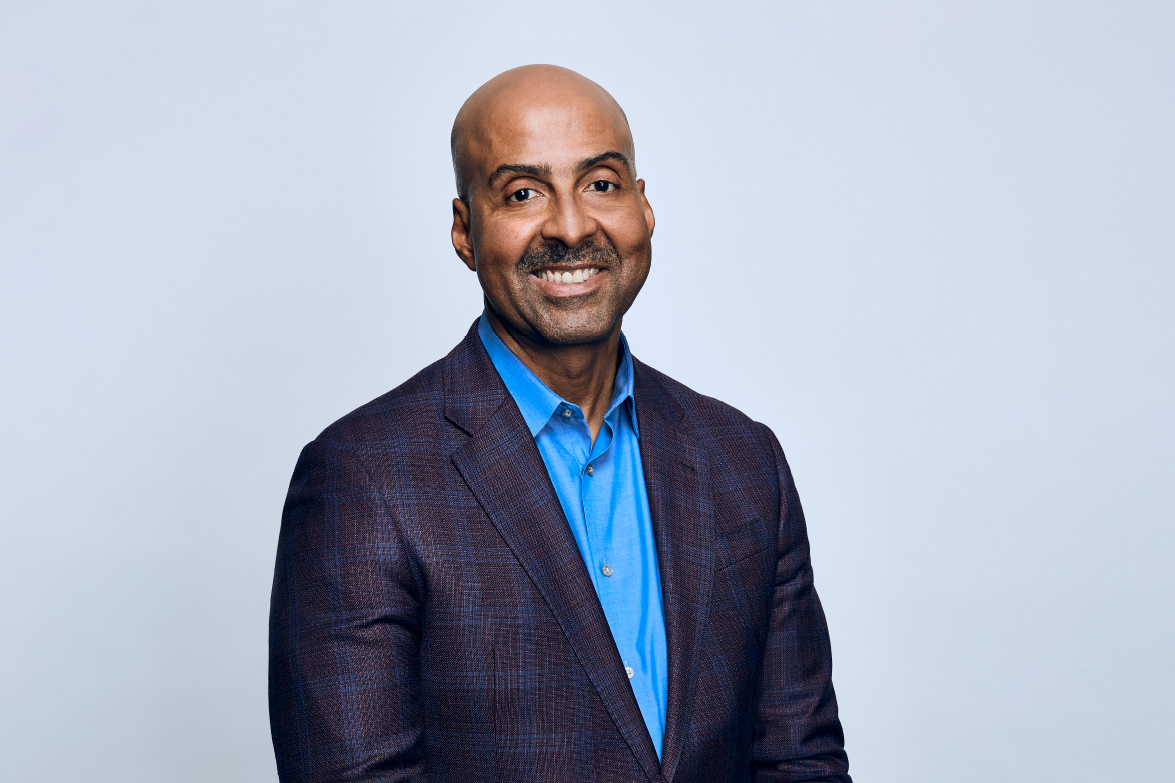Good morning.
AT&T has been leaning into A.I. for quite some time, and now the company is adding ChatGPT to its roster.
The telecom giant announced on June 20 a generative A.I. tool called “Ask AT&T” that will be rolled out internally over the next few weeks. AT&T is initially using Microsoft’s OpenAI ChatGPT function, but the tool is designed to be interoperable with other generative tools.
To find out more, I sat down with Pascal Desroches, senior executive vice president and CFO at AT&T. Generative A.I., he tells me, is “something that’s important for us to take advantage of from a business standpoint.”
Rather than employees using ChatGPT externally on their own in a way where customer data may not have been secure, AT&T leadership decided to “work with Microsoft to create a proprietary instance for us that will allow us to have the same functionality, but be able to do it in a way that protects and secures our data,” Desroches says.
Employees initially plan to use Ask AT&T “to help coders and software developers across the company become more productive,” which includes updating legacy computer code such as COBOL, Desroches tells me. Employees can also use it to translate customer and employee documents into other languages.
How about generative A.I. when it comes to financial applications? Not yet, Desroches explains, but there could be future use cases. “It will only allow us to get better,” he says, adding that the company already is using A.I. and machine learning when it comes to finance. “We use predictive A.I. in helping us determine what’s the likely loss on our customer billings, to help us predict how much write-offs we’ll have on receivables, and to help us identify anomalous behavior that could potentially be fraud.”
AT&T is in the process of a multiyear effort to save $6 billion, and A.I. certainly can help improve efficiencies. “Not necessarily related to generative A.I.,” he says, but “it’s allowed us to reduce employee efforts by nearly 17 million minutes annually—it’s hundreds of millions of dollars.”
“We’re also working with Nvidia to use A.I. in optimizing how we dispatch,” Desroches adds, along with deploying A.I. chatbots for customers “to appropriately route calls in our customer service centers.” That’s led to call volumes falling about 20% over the last few years.
Having a strong grasp of the latest tech can only help finance chiefs, Desroches says.
“From the seat I sit in—and I imagine that for all CFOs—it’s really important to understand the latest technology developments, and the latest political and economic environment you’re operating under,” he says. “It will help you do your job better in allocating capital and understanding the world and the threats and opportunities posed to your business.”
Sheryl Estrada
sheryl.estrada@fortune.com
Big deal
A new report by Workday, a provider of enterprise cloud applications for finance and human resources that are built with A.I. and machine learning, examines the state of A.I. in workplaces. Seventy-three percent of business leaders are feeling pressure to implement A.I. at their organizations, and almost all (93%) believe humans should be involved in A.I. decision-making, according to the report. Among those using A.I., more than 90% said they currently use the technology within their operations for managing people, money, or both. The top business benefit cited was better decision-making (41%), followed by higher levels of productivity (38%), and automating business processes (35%).
But the survey also found a critical skills gap—72% percent of respondents said their organization lacks the skills to fully implement A.I. and machine learning, and 76% said their own knowledge of A.I. and machine learning applications needs improvement. The findings are based on a global survey of 1,000 senior decision-makers (C-level/board, senior/mid-level, and junior management) across HR, finance, and IT. (Workday is a CFO Daily sponsor.)

Going deeper
"3 Steps to Prepare Your Culture for A.I.," a new report in Harvard Business Review, argues that realizing the benefits of A.I. isn’t possible without a culture that allows for curiosity, failure, and learning. "Leaders are uniquely positioned to foster this culture within their organizations today in order to set their teams up for success in the future," according to the report.
Leaderboard
Mats Backman was named CFO at The Volvo Group, and a member of the executive board. Backman will succeed Jan Ytterberg, who will continue as a Volvo Group senior advisor. Backman has held many senior positions in the Swedish industry and has extensive international experience. He has been the CFO for companies such as Sandvik, Autoliv, and Veoneer. Backman will take on his new position during the second half of 2023. The exact date is yet to be decided, according to the company.
Rodney D. Gray was named SVP and CFO at Enerflex Ltd. (NYSE: EFXT), effective July 1. Gray will be responsible for Enerflex's financial reporting, treasury, tax, internal audit, corporate development, and capital market functions and will support the company's strategic and capital allocation decisions. He has over 30 years of experience in the energy industry, including the last nine years with Baytex Energy Corp., serving most recently as EVP and CFO.
Overheard
“A strong majority of committee participants expect that it will be appropriate to raise interest rates two or more times by the end of the year. Inflation pressures continue to run high, and the process of getting inflation back down to 2% has a long way to go.”
—U.S. Federal Reserve Chair Jerome Powell said on Thursday in Madrid at the Bank of Spain, referencing the policy-setting Federal Open Market Committee, and future rate hikes, Bloomberg reported
This is the web version of CFO Daily, a newsletter on the trends and individuals shaping corporate finance. Sign up to get CFO Daily delivered free to your inbox.













